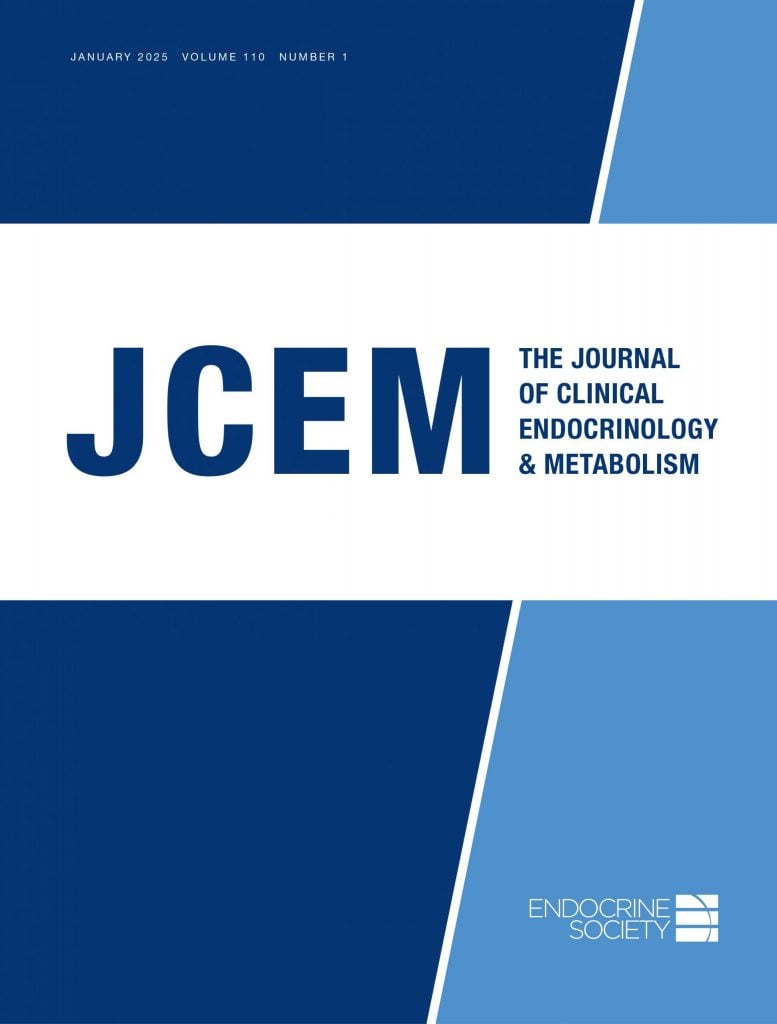
People with excess body fat who build and keep muscle may be less likely to develop obesity-induced heart, liver, or kidney damage or die early, according to a new study published in The Journal of Clinical Endocrinology & Metabolism.
Despite clear evidence that excess body fat can directly cause illness, obesity is often viewed as a risk factor for heart disease and diabetes rather than a chronic disease.
Obesity is defined as a body mass index (BMI) of 30 or higher. BMI is a calculation that uses a person’s height and weight to classify weight status and assess their potential health risks. However, it is not a direct measure of body fat. Excess body fat refers to an abnormal or excessive accumulation of adipose tissue that impairs health by increasing the risk of metabolic, cardiovascular, musculoskeletal, and certain cancer-related conditions, which is now newly defined as “preclinical obesity.”
Additional measures such as waist circumference, waist-to-hip ratio, or direct assessments of body fat percentage are often used alongside BMI to more accurately characterize excess adiposity and its associated health risks.
“Because grip strength is easy to measure and strength can be improved with weight training, this research points to a practical, low‑cost way to identify at‑risk individuals and to act early.” – Yun Shen, MD, Pennington Biomedical Research Center, Baton Rouge, La.
“Our findings show that muscle strength is a powerful, early sign of who is most at risk of developing obesity-induced organ dysfunctions among people with excess body fat,” says study author Yun Shen, MD, of Pennington Biomedical Research Center in Baton Rouge, La. “Because grip strength is easy to measure and strength can be improved with weight training, this research points to a practical, low‑cost way to identify at‑risk individuals and to act early.”
The authors studied 93,275 participants from the UK Biobank to determine the association between grip strength and the progression to obesity-induced organ dysfunctions or death. They studied people in a “preclinical obesity” stage, which is when body fat and size measures are higher than average, but obesity has not yet resulted in “obesity-induced organ dysfunctions.”
The researchers found participants with a stronger handgrip, a simple test of muscle strength, were less likely to progress to obesity and to die during follow‑up a mean follow-up of 13.4 years.
“This protective link was consistent in multiple checks using other muscle metrics, including the muscle‑to‑weight and lean‑to‑weight ratios,” Shen said.
Other study authors are Manrong Xu, Menghan Li, Yawen Zhang, and Lianxi Li of Shanghai Six People’s Hospital in Shanghai, China; and Gang Hu of Pennington Biomedical Research Center.
The study was funded by the Collaboration in Action Program 2024, the National Institute of General Medical Sciences and the National Natural Science Foundation of China.
“Handgrip Strength and Trajectories of Preclinical Obesity Progression: A Multi-State Model Analysis Using the UK Biobank,” was published online, ahead of print.

